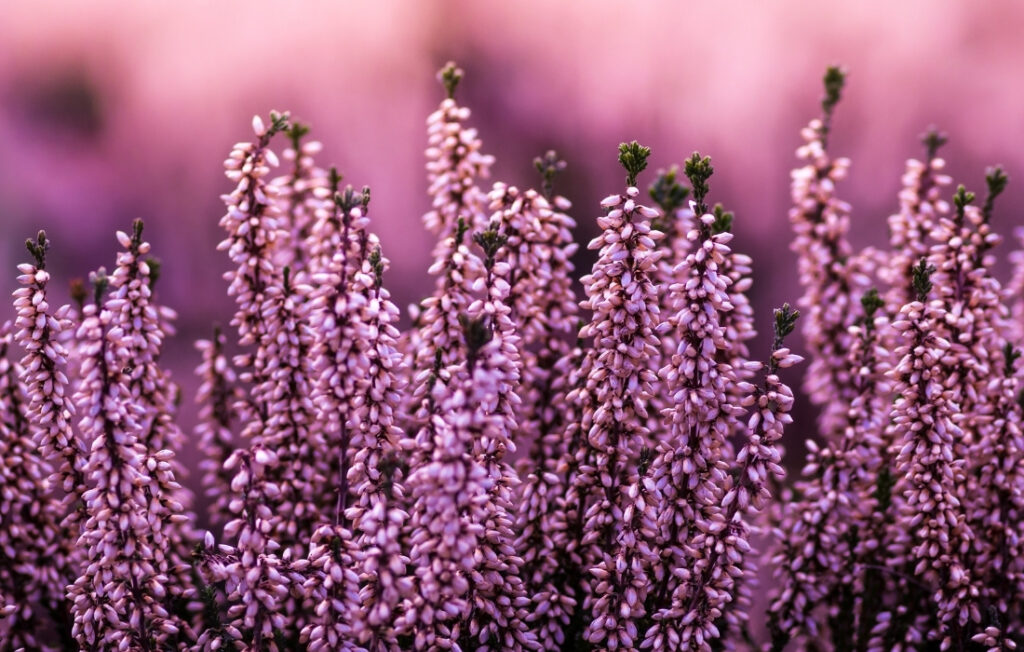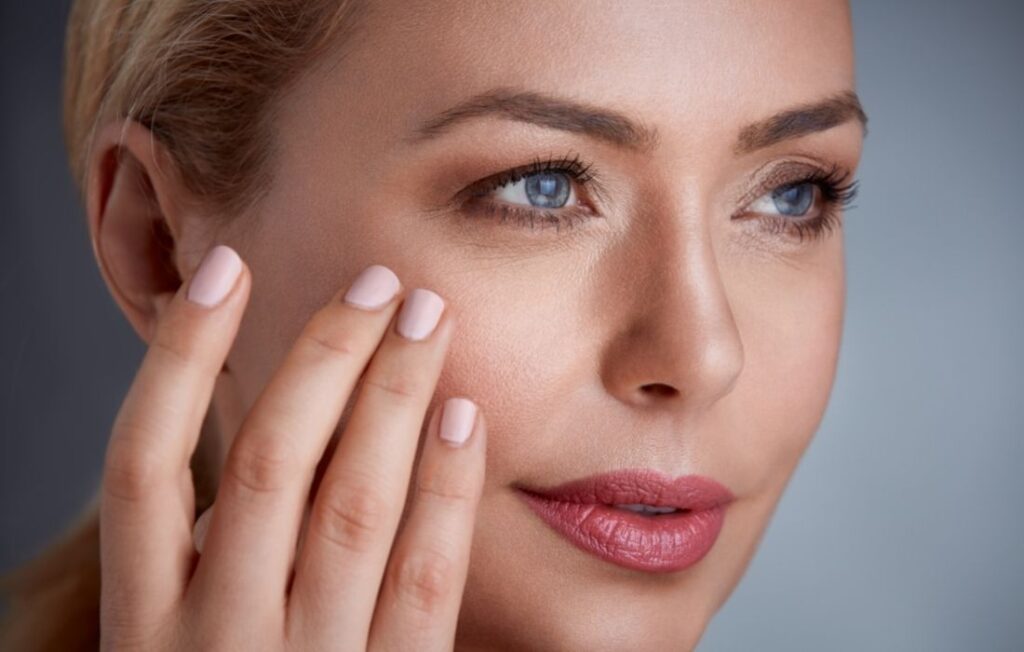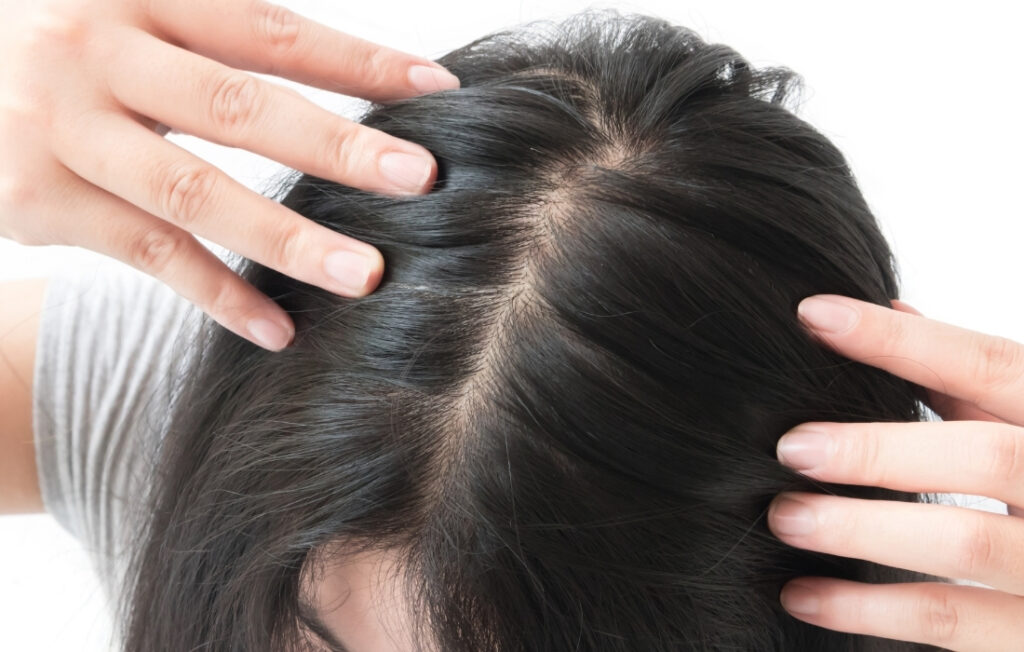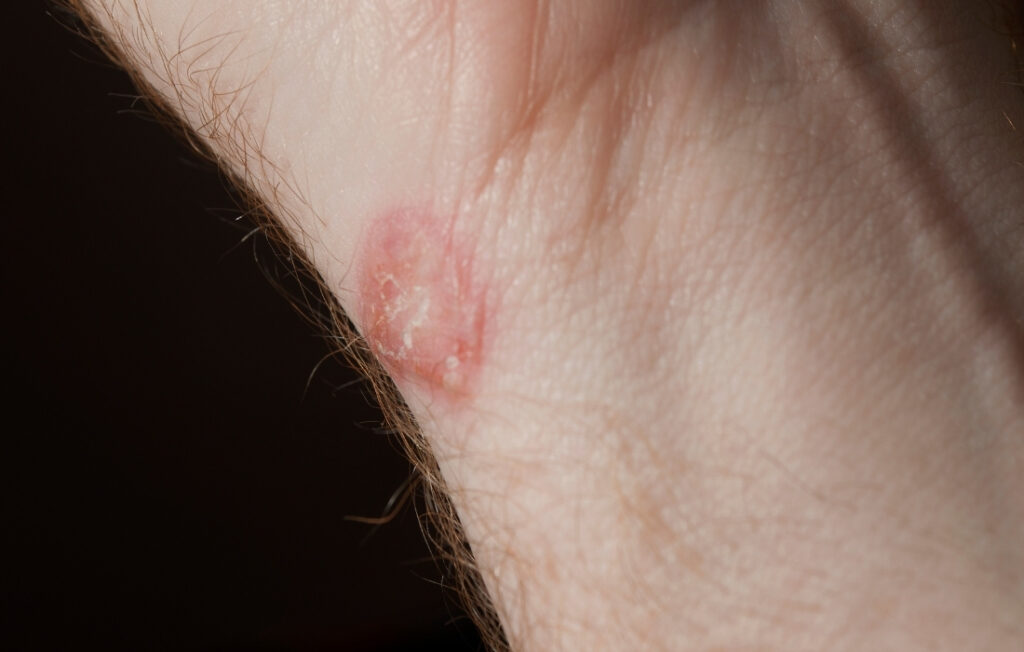Lavender is long known for its eye-catching purple color and distinct fragrance. It is used in various products like perfumes, car or air freshener, and culinary kitchens. However, this plant has more uses than bringing fresh scents to the room. The following article has jotted other benefits of lavender for you. So, keep scrolling and discover them.
Lavender is a flowering plant that originated in India, Middle East, and the Mediterranean region. It dates back to 2500 years ago when it was used as a holy herb to purify body and mind. With time, people discovered other uses of lavender.

Now, apart from being used as a fragrant plant, lavender is used in medicines and for therapeutic purposes as well. Here is the list of a few health benefits you can ensue from lavender.
- Improves sleep quality
Aromatherapists worldwide recommend placing few drops of lavender oil on the pillow before bed is beneficial for good sleep and people suffering from insomnia, restlessness, etc. However, lavender oil is not sufficient to improve sleep quality. You should try to cut on caffeine and get more exercise to sleep soundly.

- Might treat skin blemishes
One of the essential oil dermatologist widely recommend for skin problems like blemishes, acne, sunstroke, etc., is lavender oil. As per a review in 2017, daily applying oil to the affected area can reduce inflammation & treat blemishes. However, consider talking with a derma before starting to use oil.

- Keep blood pressure in control
According to a 2017 study, people who inhaled lavender oil regularly after an open-heart surgery saw a significant reduction in their blood pressure level, which is the prime reason for rising cardiovascular disease. Despite the study, more proves is required to settle the claim on this possible benefit.

- Relieve asthma symptoms
An animal study has found that breathing in diffused lavender oil might help relieve asthma symptoms like shortness of breath, tightness in the chest, coughing, wheezing, fast breathing, etc., and has a positive impact on respiratory health. Although it lacks human research; hence, please consult a doctor beforehand.

- Promotes hair growth
Some studies have found that lavender oil is helpful to treat alopecia areata. Under this condition, a person loses hair from some or all parts of the body. People who have rubbed a mix of essential oils for seven months have seen hair growth. However, it is not definite that the results were from lavender oil only.

- Effective for fungal infection
Scientists believe that lavender has anti-fungal properties, which are beneficial to combat fungal infection, called mycosis. As per a published paper, lavender oil also helps restrict the growth of some species of fungus and treat ringworm infection.

Risks and Precaution
Lavender is generally a safe herb to use; nevertheless, it is better to be aware of the risk factors and take precautions before putting it to use.
Please do not try lavender for diseases like Alzheimer’s, migraine, labor pain, osteoarthritis, nausea, ear infection, toothache, eczema, menstrual pain, etc., as there is no sufficient evidence for them.
A study has revealed that regular use of lavender oil on the skin might trigger prepubertal gynecomastia, which can result in enlarged brain tissue before puberty.
Also, you should consult with a physician before using lavender if you are pregnant or breastfeeding.
The Takeaway
Lavender tea is a great way to unwind yourself after a hectic day. There might be no specific researches for its potential health benefits, but it is one of the popular essential oils used in aromatherapies. You can give it a shot to improve sleep and soothe anxiety.















